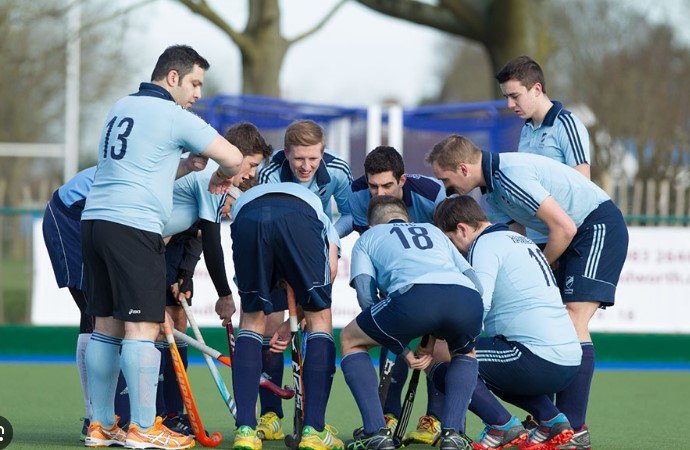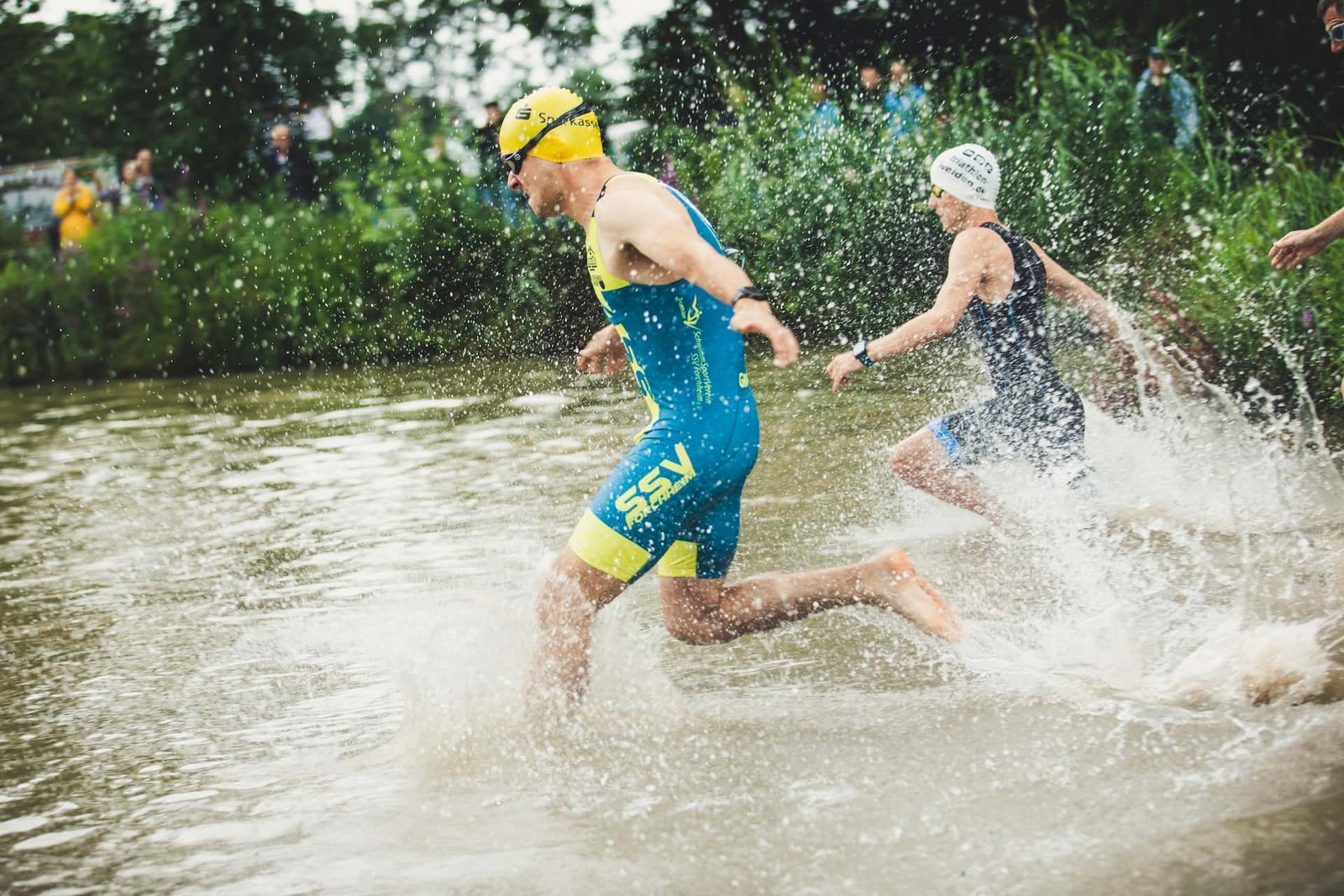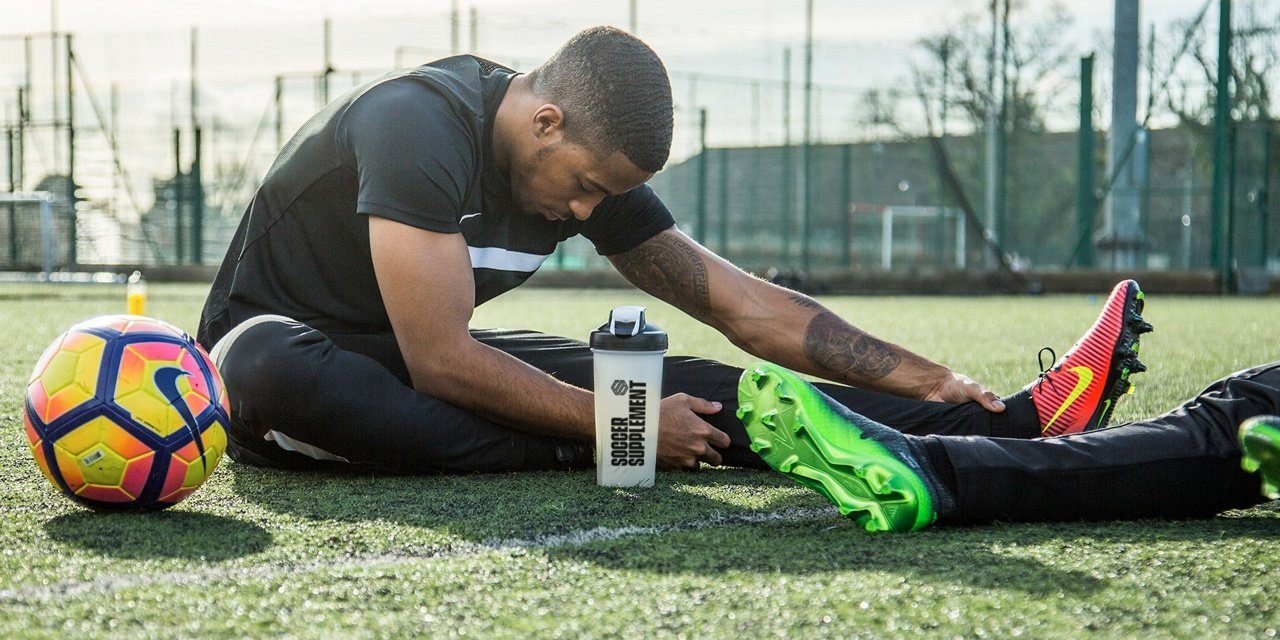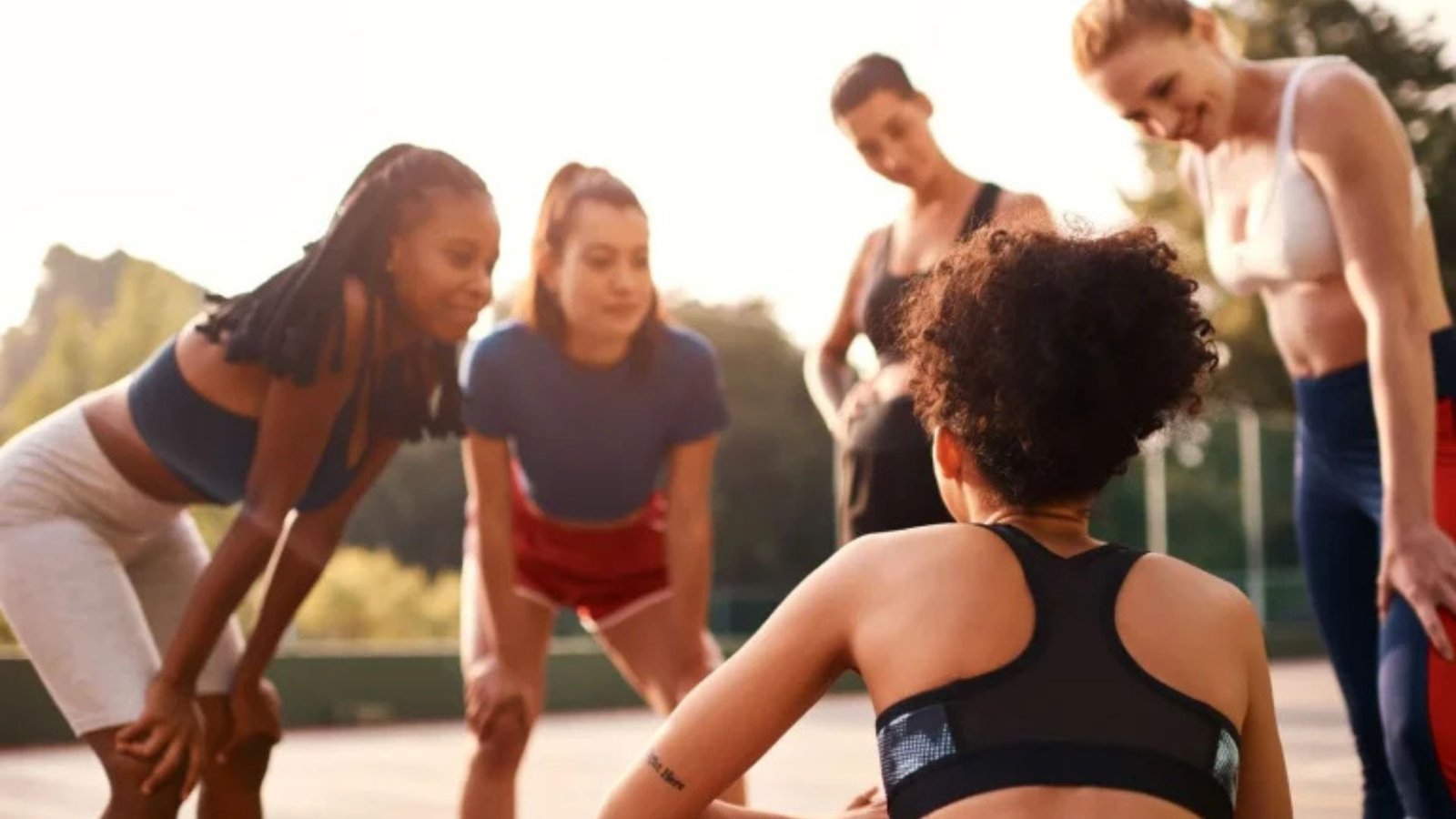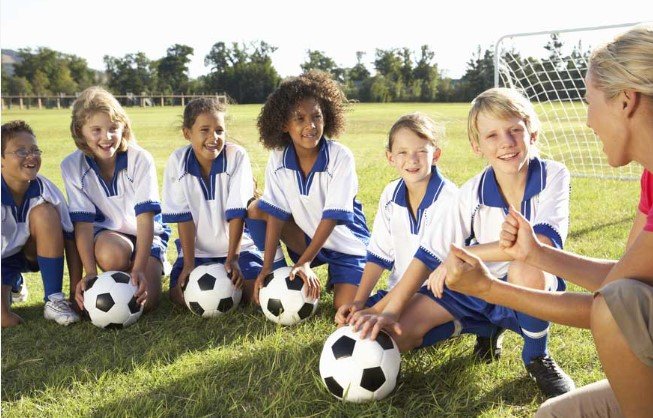Sports play a crucial role in developing teamwork skills, offering valuable lessons that extend far beyond the playing field. Whether on a soccer team, in a relay race, or during a basketball game, working together towards a shared goal helps individuals learn essential skills that benefit them in various aspects of life. In this post, we will explore how sports contribute to building teamwork skills and why they are an excellent platform for teaching collaboration, communication, and problem-solving.
0
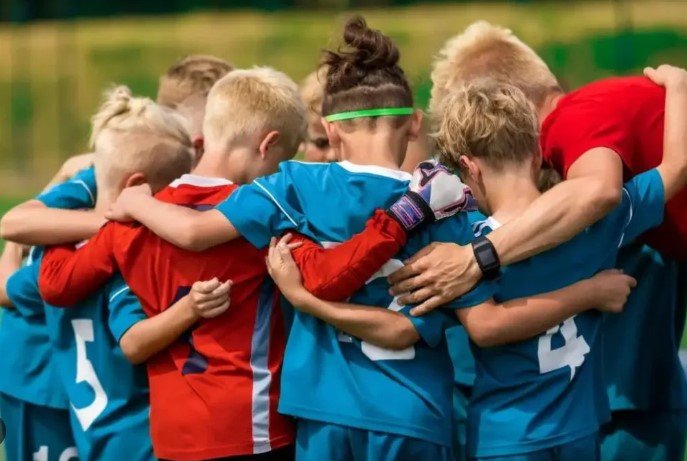
Fosters Effective Communication
One of the most important skills learned through team sports is effective communication. In any team setting, players must communicate with one another to succeed. This includes calling for passes, providing feedback, strategizing during play, and encouraging teammates. Clear and concise communication is key to coordinating actions and making quick decisions, especially in high-pressure situations.
Sports teach the importance of both verbal and non-verbal communication. For example, a soccer player might signal with their hands to indicate where they want the ball passed, or a basketball player might make eye contact with a teammate to plan a play. Through regular practice and game situations, players learn how to communicate effectively and understand the value of clear, respectful dialogue in achieving team success.
Teaches Collaboration and Shared Responsibility
In team sports, every player contributes to the overall success of the team, which teaches the importance of collaboration and shared responsibility. No single player can win a game on their own; it requires the combined effort of everyone involved. Whether you’re a forward, midfielder, or goalie in soccer, or a pitcher, catcher, or batter in baseball, each position plays a vital role in the team’s performance.
This shared responsibility encourages players to trust one another and depend on each other’s strengths. Team sports show that success is the result of collective effort, and individuals must put the team’s goals ahead of personal achievements. Learning to work with others, support teammates, and put the group first are all vital aspects of building strong teamwork skills.
Enhances Problem-Solving and Decision-Making
Sports often present players with situations that require quick thinking and decision-making. Whether it’s determining the best strategy during a game or adapting to unexpected changes in the match, team sports teach players how to solve problems together. Team members must collaborate to analyze the situation, weigh different options, and make decisions that will benefit the team.
For example, in basketball, players must quickly assess whether to shoot, pass, or make a defensive play, often under tight time constraints. Similarly, in soccer, a team must decide how to adjust its formation or tactics based on the flow of the game. These quick decision-making opportunities teach players how to evaluate situations, communicate effectively, and find the best solutions as a group.
Builds Trust and Accountability
Trust is a foundational element of any successful team. In team sports, players must trust that their teammates will carry out their responsibilities and that they, in turn, will be supported. This mutual trust builds a sense of camaraderie and allows players to take risks and challenge themselves, knowing that the team is there to back them up.
Accountability is equally important in team sports. Every player is responsible for their role, whether it’s performing at their best, showing up for practices, or contributing to team morale. Through regular practice and games, athletes learn that their actions impact the team’s overall performance, and they become accountable for their efforts. This sense of responsibility extends to other areas of life, including school, work, and personal relationships, making teamwork a valuable skill in all aspects of development.
Encourages Conflict Resolution and Emotional Control
In any team setting, disagreements or conflicts are inevitable, but sports provide an excellent opportunity for players to learn how to resolve conflicts constructively. Whether it’s a difference of opinion about a play or frustration during a tough game, players must learn how to address conflicts calmly and respectfully to maintain team unity.
Sports also teach emotional control, as players need to manage their emotions in both victory and defeat. Learning how to stay positive after a loss or not let a win lead to arrogance is crucial in team environments. Team sports help individuals develop emotional intelligence by teaching them how to handle stress, frustration, and disappointment while maintaining respect for others.
Conclusion
Sports are an excellent platform for building teamwork skills. By fostering effective communication, collaboration, problem-solving, trust, accountability, and conflict resolution, team sports offer opportunities for players to develop important life skills. These skills not only contribute to success in sports but also have lasting impacts in personal, academic, and professional settings. Through the experience of working with others to achieve common goals, individuals gain a deep understanding of the power of teamwork, which serves them well in all aspects of life.

